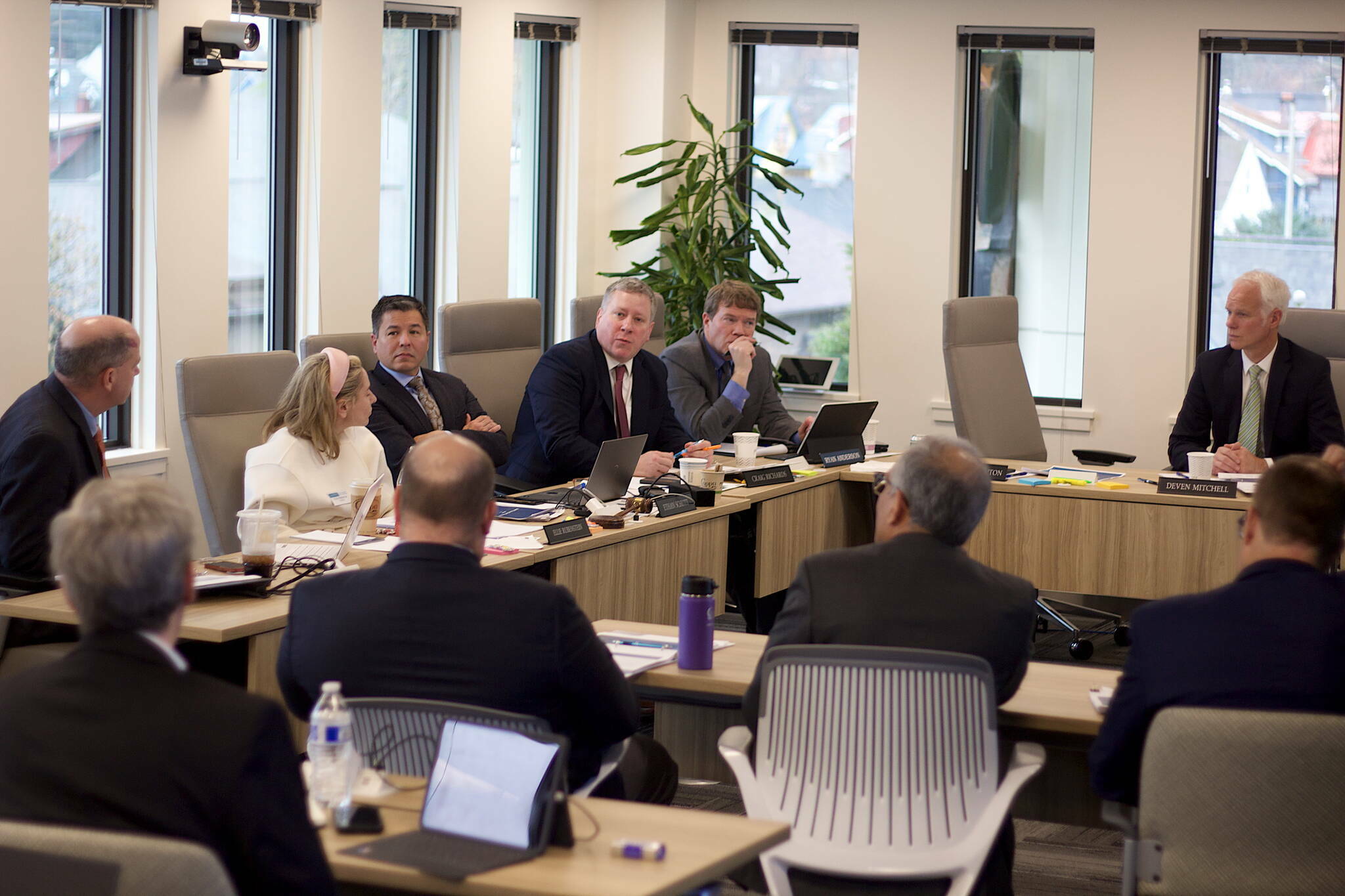The governor or Legislature or both need to conduct an audit format available to the public or engage in serious oversight of the Alaska Permanent Fund’s recent erratic decisions that risk fund money.
There is a growing threat to the Permanent Fund and it is coming from the trustees themselves. Their plan included opening satellite offices to expand the fund’s national and international presence. The trustees moved ahead this summer with an Anchorage office, spending money the Legislature approved for other purposes, despite being unable to show any benefit to the fund from doing so. Rather the fund CEO pointed out that new hires and outside experts prefer to work remotely from home. Further, there is a growing concern of the possibility of conflict of interest.
The latest idea is the riskiest yet — borrow vast amounts of money to invest in high-risk investments to produce a $100 billion fund in five years. This is the same scheme that caused the 1929 stock market crash and had its ruined practitioners jumping from upper-story windows.
Luckily, fund advisors at the most recent trustees’ meeting unanimously warned against this proposal saying such a plan was too risky in this uncertain investment climate. Moreover, it would require significant fund money to manage the loans and risky investments and to offset any potential reduction of the fund’s credit rating from making such loans for high-risk investments.
There is a need for accounting and legislative oversight of the Permanent Fund as well as the special Alaska investment portion which are under the current trustees authority.
There are two functioning investment portions of the Permanent Fund. The major portion is currently valued at about $73.8 billion (as of Sept. 30). As a comparison, the value is down from $81.8 billion in 2021, and $76 billion in 2022. This portion of the fund is managed by professional and recognized investment firms who depend upon generating earnings and growth by their professional expertise. The professional oversight provides a performance check and balance on their decision-making process. I believe Alaskans should feel secure in their track record, although the fund’s current return is minus 0.53% (as of Sept 2023).
A few years ago, the Permanent Fund trustees voted to take $200 million from the fund and set up a separate program for in-state Alaska investments. Most of the $200 million has been invested, but in several cases, one could question whether the intent was to invest in Alaska’s domicile resident companies rather than just have subsidiary investments doing business in Alaska but headquartered outside, as appears to be the case in several of the investments.
Unlike the principal Permanent Fund, which as I have indicated has competitive comparison aspects, the Alaska investment portion has no real detailed information available, including terms of loans, interest rates, re-payment and collateral — all remain confidential. While the Permanent Fund does monthly performance reporting for their asset class external managers, including state private equity managers — McKinley Capital Management Company, LLC and Barings, LLC, given market confidentiality terms, the PF does not publish performance on the Alaska segment portfolio.
So, in fact, the Alaska-intended $200 million investment is not benefited by a competitive comparison, nor is there a release to the public of the investment intended to be for Alaska companies. In order for the public to have some idea of the disposition of the $200 million in funds there would have to be a release of the performance confidentiality clause — a legislative directive to release ordered by the governor or the Legislature for the internal Permanent Fund staff audit.
Perhaps a better solution to enhance objectivity would be for a CPA being retained to do an annual report, so that Alaskans can evaluate the condition of the special portion of the Permanent Fund, that is under the sole discretion of the trustees. The Alaska portion of the Permanent Fund should not be sheltered by a confidential mandate. These funds belong to the public and accountability must pass down from the governor to the trustees to all Alaskans.
• Frank Murkowski is a former U.S. senator and governor of Alaska.

